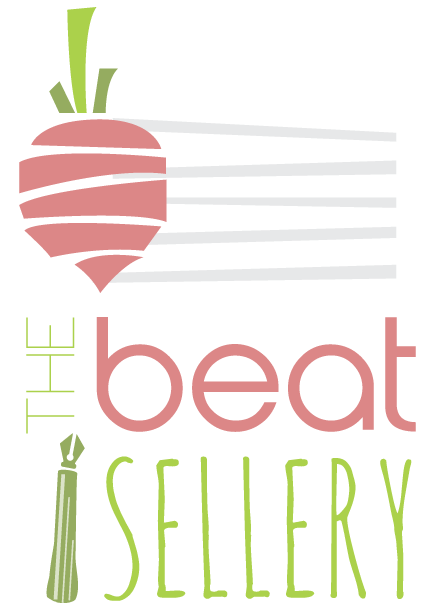Running over squirrels
/Though it sometimes makes students uneasy, I like to compare missing notes to running over squirrels.
It usually comes up after I hear a student performance spiral downward as they let one mistake spin the whole piece out of control. When they stop, I ask the student to imagine being in the car with their parents.
“As your mom or dad are driving, you see a squirrel race out into the street, directly in front of your car! Which would you prefer your parent do? Try to swerve out of the way of the squirrel and cause a collision, or run over the squirrel and preserve the lives of everyone in the car?”
While some students take a long time to think, the right choice is obvious—if you have to decide between running over a squirrel and and getting in a car accident, every sane person will choose preserving the lives of the people in the car.
I then tell the student to treat missed notes or any other mistakes like running over a squirrel. You can’t change the squirrel. If it runs in front of your car, all you can control is your own reaction. When a musician makes a mistake, there is no way to go back and change it. Instead, you have to keep on playing as if nothing has gone wrong. Otherwise, the original mistake may be compounded. Rather than simply running over a squirrel, you jump the curb and crash into a tree. Playing an F natural instead of a sharp is painful, but not as painful as playing out of time for the next 10 bars because you dwell on the mistake.
If you like the analogy, feel free to use it. And if you don’t, let me know a better one! :)



